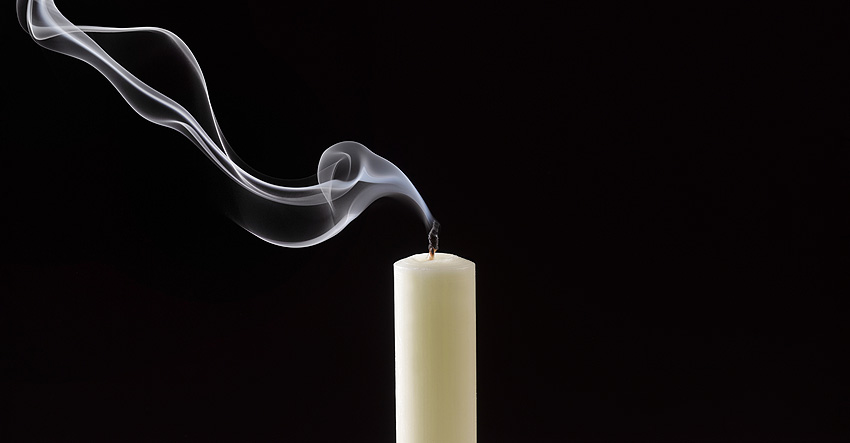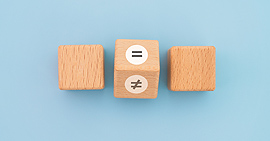What happens when an account holder dies? We clarify your doubts
When one of our loved ones dies, we have the unexpected task of attending to their last wishes, and also sorting out their finances, including the distribution of any money they have deposited in bank accounts.
If you are the heir, you must obtain information on these accounts (transactions, direct debits, etc.) and allocate the balance. It is normal for all kinds of doubts to arise in these difficult times. We will try to answer the most frequent ones:
- How do I know how many accounts the deceased had? The most reliable way is to contact the tax authorities, who will have the details of any financial income credited to them, notified by the bank(s) where they had accounts. The Banco de España is not authorised to establish a register of bank accounts held by the customers of credit institutions.
- How can you prove you are an heir? The usual procedure is to present the death certificate, the certificate from the Registry of Wills and an authorised copy of the latest will or, if there is no will, of the declaration of heirs. For the funds to be made available, documentation certifying the acceptance, division and distribution of the estate must also be provided.
- How long does it usually take the bank to process the documentation? Although there is no pre-determined time limit, banks must act with the utmost diligence in these cases, without unjustified delays.
- What account information can I obtain? The heirs have the right to know the balance at the date of death, as well as any subsequent account activity. As for activity before the account holder’s death, it is considered good banking practice that you be provided with a bank statement for one year before the holder's death, unless there is express opposition from the co-holder(s).
- Can I be charged for the deceased's account balance certificate? No, since it is a document that is necessary to meet a legal obligation for the heirs, i.e. the settlement of inheritance and gift tax.
- What happens to authorised signatories on the account? Their rights to access and use the account are extinguished upon the account holder's death, so they can no longer use it.
- Can the bank freeze the account? Yes, in certain cases, if provided for in the agreement or if a dispute arises between the surviving holders and the heirs of the deceased holder, although the bank must inform the interested parties of this decision in advance.
- Can direct debits still be charged to the account after the holder’s death? Yes, as long as no express order to the contrary is given by all the heirs and the transactions were ordered before the holder's death and involve the maintenance of the estate. This is the case of direct debits for electricity, telephone services, taxes, insurance and funeral expenses, which if they are not paid could lead to unnecessary charges and inconvenience.
- Is it possible to dispose of the money in the account after the holder's death? This depends on the type of account...
- If the deceased was the sole holder, authorisation is required from all the heirs.
- If the account is an all-to-sign joint account, from the death of one holder, the other holders may not dispose of the money in the account, unless they have the express consent of all the heirs of the deceased holder.
- If the account is an any-to-sign joint account, the surviving holder may continue to access the money after the death of one of the holders.
In any case, prior to access, banks may require the heirs to provide evidence of the payment of inheritance tax, or their exemption from it, in order to avoid any secondary liability. In this case, the institution cannot freeze the total account balance, but it can withhold the relevant amount for the payment of the tax.
And don't forget: if you have any additional queries about your rights in this situation, be sure to check out our dedicated section on our Portal, entitled "Inheritances".



